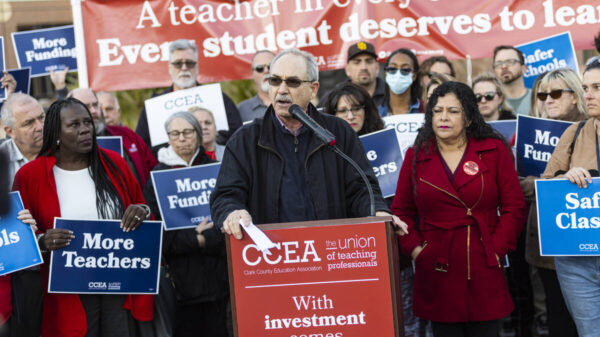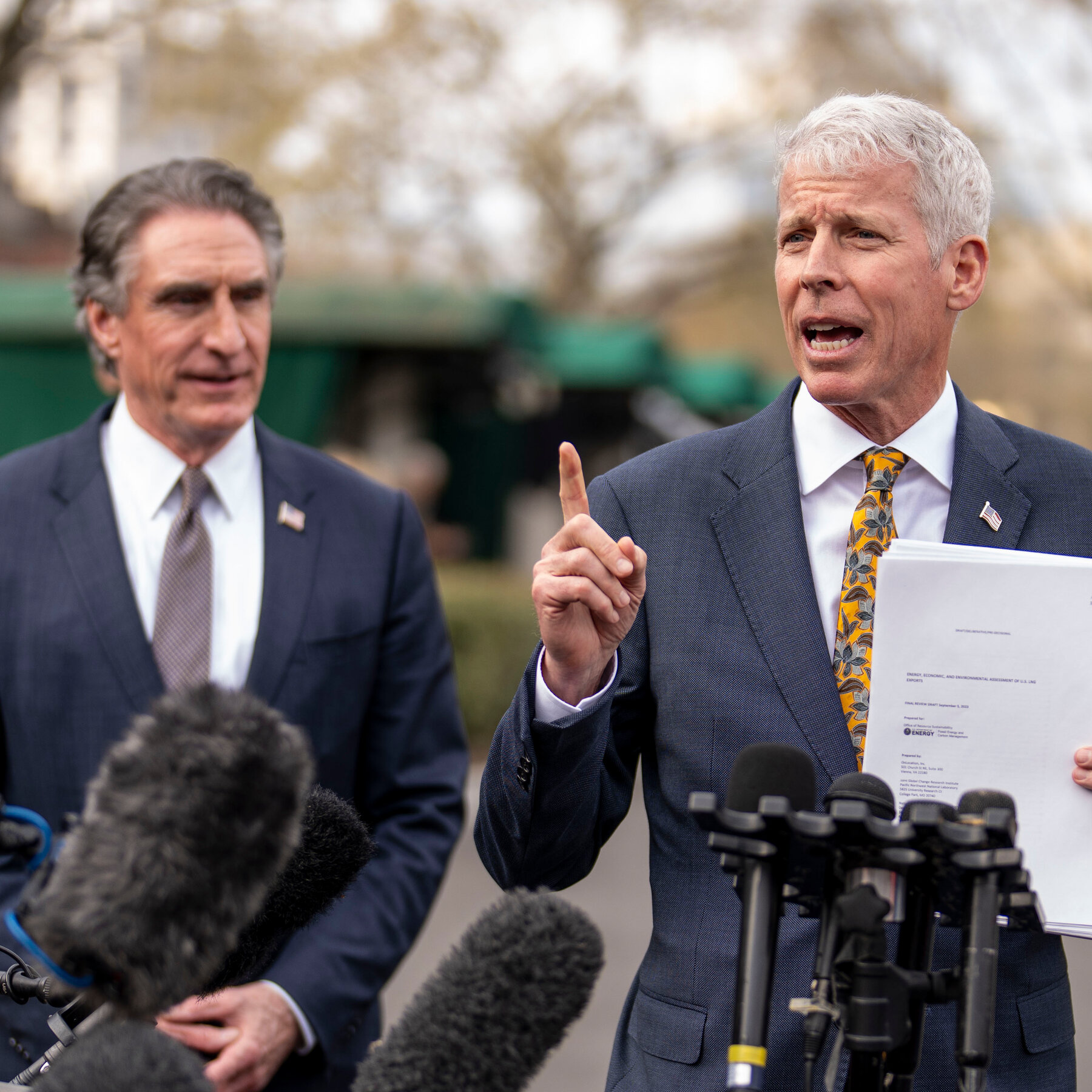The United States is urging European nations to reconsider their climate policies, emphasizing the economic benefits of fossil fuels. During a recent visit to Europe, U.S. Energy Secretary Chris Wright advocated for a relaxation of environmental regulations and encouraged European countries to increase their purchases of natural gas. This push highlights a growing divide in energy strategies as nations grapple with both climate commitments and economic growth.
In a related statement, U.S. Interior Secretary Doug Burgum connected fossil fuel usage to the need for the United States to maintain its competitive edge in the global artificial intelligence (A.I.) landscape. He argued that a robust energy sector, fueled by fossil resources, is essential for driving innovation and supporting technological advancements. This perspective has sparked discussions on the balance between environmental sustainability and economic development.
Concerns Over Climate Ideology
Wright’s comments come amid ongoing debates about the impact of climate ideology on prosperity. Many U.S. officials believe that stringent environmental regulations could hinder economic growth and energy security. They assert that Europe must reassess its stance on fossil fuels, particularly as energy prices rise and global markets become increasingly competitive.
The call for a shift in policy reflects a broader strategy by the U.S. to secure its position as a leading energy supplier. With natural gas exports rising, the U.S. aims to enhance its influence in European energy markets, especially as some countries seek alternatives to Russian gas following geopolitical tensions.
Burgum’s remarks further emphasize the interconnectedness of energy availability and technological progress. He stated, “A strong energy foundation is critical for winning the A.I. race,” underscoring the belief that reliable energy sources are vital for fostering innovation in technology sectors.
Impact on Transatlantic Relations
These statements may have significant implications for transatlantic relations, particularly as Europe grapples with its energy transition. European leaders have committed to ambitious climate goals, which include reducing greenhouse gas emissions and investing in renewable energy sources. However, with the ongoing energy crisis exacerbated by supply chain disruptions, some policymakers are beginning to reconsider their approach.
The U.S. position suggests a pragmatic approach to energy policy, prioritizing economic resilience while still addressing climate change challenges. As discussions continue, the potential for collaboration between the U.S. and Europe on energy solutions remains a focal point.
Critics of the U.S. stance argue that prioritizing fossil fuels undermines global climate efforts and could lead to increased emissions. They emphasize the need for a balanced approach that incorporates sustainable practices while ensuring energy security.
As this dialogue unfolds, it is clear that the stakes are high for both economies. The U.S. is positioning itself as a crucial player in the global energy market, but the long-term effects of these policies on climate commitments remain to be seen. The future of energy in Europe may very well hinge on how these discussions evolve in the coming months.





































































